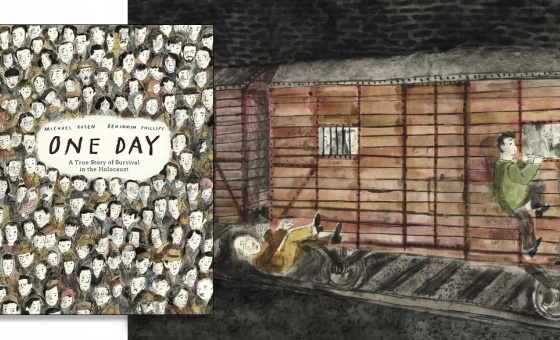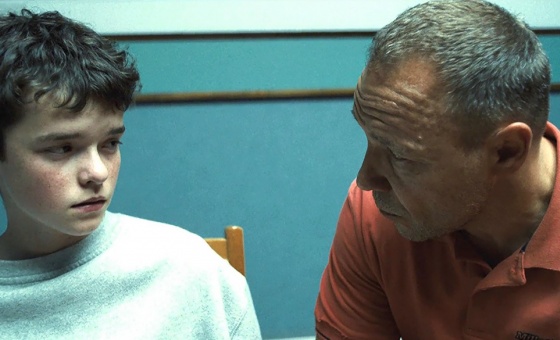This is the last article you can read this month
You can read more article this month
You can read more articles this month
Sorry your limit is up for this month
Reset on:
Please help support the Morning Star by subscribing here
THE Office of the Police Ombudsman Northern Ireland has been criticised for not including fingerprint evidence which was given to it in the days before publishing a key report into the bombing of McGurk’s Bar.
Fifteen people were killed in the blast at the north Belfast bar in December 1971.
The attack was carried out by the loyalist paramilitary Ulster Volunteer Force (UVF), but at the time security forces blamed the republican Irish Republican Army, prompting speculation the dead might have included IRA members carrying the explosve device.
A UVF man was convicted for his part in the attack in 1978.
A Police Ombudsman’s report in 2011 said that Royal Ulster Constabulary officers had shown an “investigative bias” with the original misattribution of blame.
Elsewhere in the report, the Ombudsman wrote: “Records show that police examined a vehicle described as the ‘car used in explosion Gt George Street.’
“The Police Ombudsman’s investigation has found no other information about this vehicle in police records.”
But a family member of two victims of the attack has said examination of evidence from the Historical Enquiries Team review summary report shows this record was a fingerprint ledger which proved that police had recovered two prints from the vehicle which they believed were involved in the attack as well as other fingerprints from additional evidence.
Ciaran MacAirt’s grandmother Kathleen Irvine was killed in the attack and his grandfather John was badly injured.
He said the families were “outraged” about his discovery of the fingerprint evidence.
Mr MacAirt said: “Our families had to battle the Police Service of Northern Ireland in court for more than nine years for scraps of information from a failed investigation.
“I have taken this to the Department of Justice and our legal teams as this is a massive failure in such an important office.”
Lawyer Kevin Winters said: “Yet again we have another example of families finding out information through their own activism and agitation.”
Meanwhile, Ireland’s European Affairs and Defence Minister Peter Burke said today that there is currently no new evidence about the Omagh bomb atrocity that warrants holding a public inquiry in Ireland.
Mr Burke said that the Irish government would co-operate fully with the British government in an attempt to ensure there are no unanswered questions left about the 1998 bombing.
Twenty-nine people, including a woman pregnant with twins, were killed when a massive car bomb exploded in the Co Tyrone town, the worst loss of life in a single incident in Northern Ireland’s troubled past.
It came just months after the historic Belfast/Good Friday Agreement.
No-one has ever been criminally convicted of the attack.
In 2021, a High Court judge recommended the British government carry out an investigation into the Omagh bombing, and urged the Irish government to do likewise, after finding “plausible arguments” that there had been a “real prospect” of preventing the atrocity.
Earlier this year, Britain’s Northern Ireland Secretary Chris Heaton-Harris announced that an independent statutory inquiry will be carried out.
Families of some victims of the bombing have urged the Irish government to do the same.











